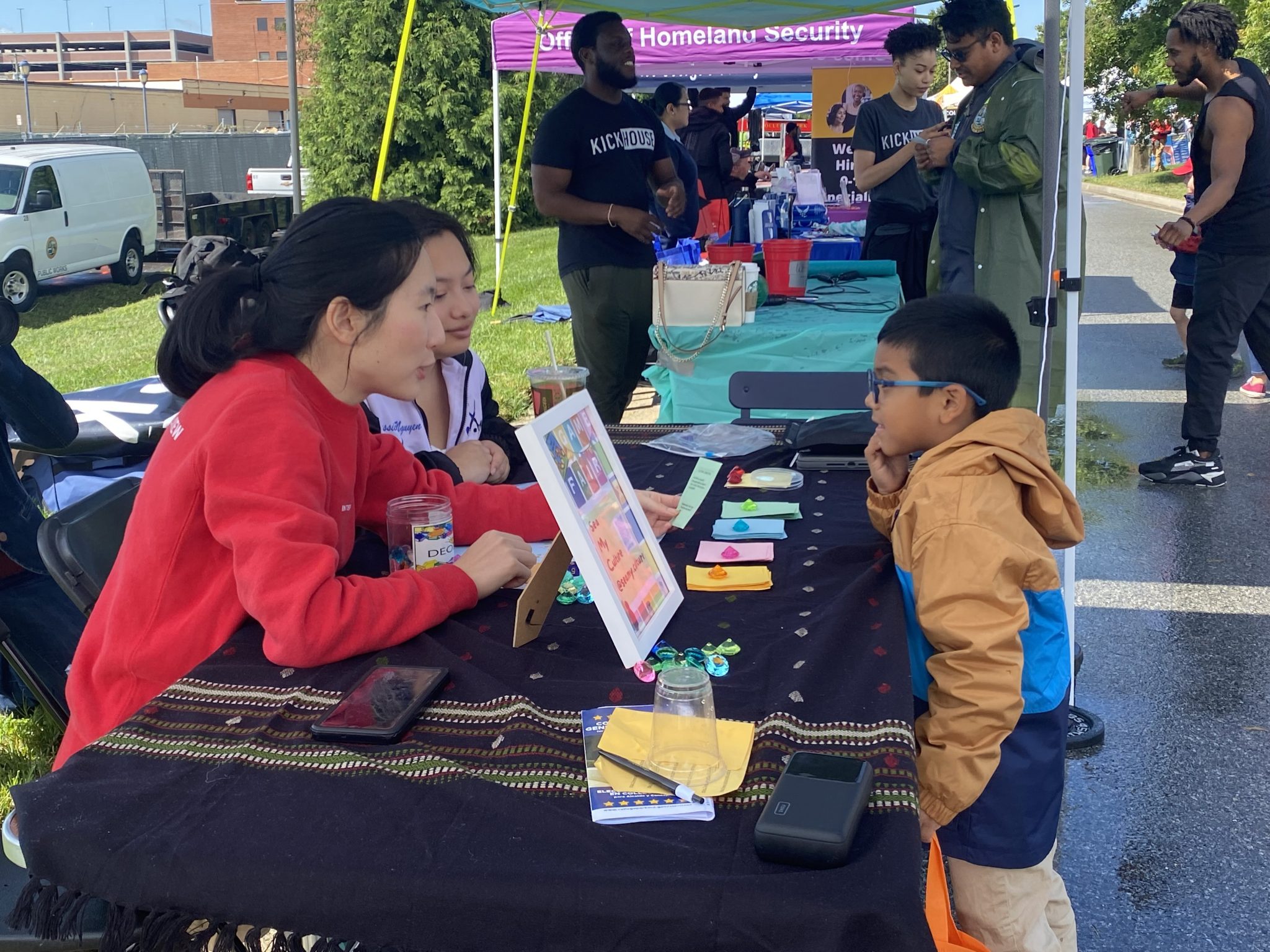By Jonathan Iacovacci
For The Diamondback
CLARIFICATION: This story has been updated to better reflect that a team of people created the Sea My Culture board game.
After getting made fun of for his cultural food, 8-year-old Kayezad Havewala pleaded his mother to pack him sandwiches in his school lunch.
Two years later, his mother Mazneen Havewala, along with another graduate student at the University of Maryland, turned her son’s experience into a board game to empower people of different cultures and reject stereotypes.
Havewala is a doctoral student in school psychology at this university and the research head of the board game project Sea My Culture. Her son’s experience was a main driver for creating a board game that promotes multicultural and anti-racist education.
“‘My friends made fun of our food,’” Havewala recalled her son asking her one day after school. “‘Can you please just give me a sandwich from tomorrow?’”
Though Havewala was heartbroken to hear this, she did not let her son be ashamed of his own culture and shared the experience during a car ride with fellow school psychology doctoral student and founder of the game Xinyi Zhang.
Zhang — an immigrant from Shanghai, China — was upset to hear of Kayezad’s experience. The story stayed in her mind for a long time, she said.
“There was something deeply wrong about this world if a child cannot bring his favorite food to school,” Zhang said.
[‘A community in crisis’: UMD graduate students reflect on mental health challenges]
Together, Zhang and Havewala formed Sea My Culture. Their goal was to promote multiculturalism through a medium more engaging than a lecture.
Along with artist Amber Pasha, a counseling psychology doctoral candidate, and input from Kayezad, the team worked to turn a class project into a real board game that aimed to empower children ages 8-13 to embrace their culture.
Players of the game start in one of five locations on the map with the goal of reaching the center.
The map locations represent different cultural dishes, such as “Gumbo Gulf” or “Roast Salmon River,” with colored dots marking each location. After rolling the dice, the player picks up a card corresponding with the color they land on, reads the prompt and collects gems on their journey.
An example of these cards is the “Try Cornbread” card, which looks to promote southern culture to other cultural groups while empowering those who are a part of that group.
Zhang recalled the time she played the game with an African American friend who explained to her the connected history between cornbread and slavery after responding to the card prompt.The game also highlights important racial issues through the prompt. Havewala said she had a similar experience with an Asian player who described his experience with the model minority myth — a stereotypical idea that pits minority groups against each other by insinuating some groups are inherently capable of higher achievement than others.
[‘Every Child Matters’: UMD native, indigenous student group decries residential schools]
Sea My Culture has developed with feedback within the past year, according to Zhang. Her team participated in the Do Good Institutes Summer 2022 Accelerator Fellowship, attended a game fair and, most recently, displayed the project at the College Park Aviation Museum during College Park Day.
“We have more than 30 children and parents in College Park and from different areas of Maryland to come and play and give us feedback,” Zhang said. “We really center children’s voices. We asked children, ‘What’s fun in this game?’ and ‘How would you design [it] differently?’”
This feedback led to the name Sea My Culture as well as the creation of several other cards in the deck that expand the cultures past the original prototype.
The team also added Jessica Nguyen, a public policy graduate student, this year as an outreach advisor. Nguyen said she has worked on advocacy for Asian Americans on campus and has seen this project as a crucial learning experience for children.
“[The board game] could be a tool to help people understand the importance of appreciating the lived experiences of others,” Nguyen said. “That’s just really important for us to even get a society where we’re more accepting of each other.”
While data has not been released yet, Havewala and Zhang said they’ve seen positive responses from everyone they’ve played with thus far, including now-10-year-old Kayezad.
“He actually wants to learn our language. And that’s again a big change,” Havewala said “He now feels definitely more pride and more comfortable in the skin as being an Asian or an Indian kid.



